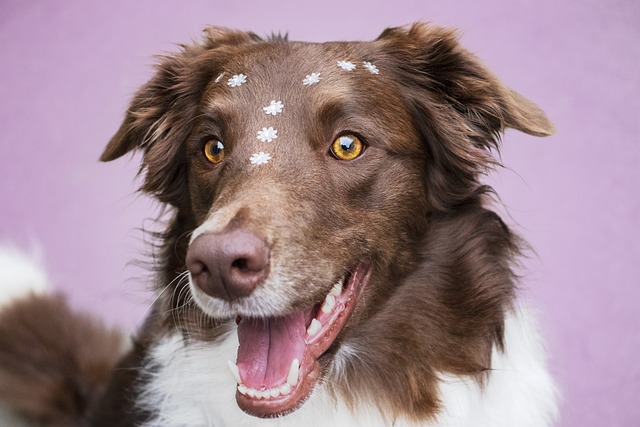
How do i train my dog to be obedient?
Watching your dog dart across the park ignoring your calls isn’t just frustrating—it can put them at risk near busy streets or public spaces.
Finding unexpected messes around the house from an adult dog can throw off your daily routine, but it’s rarely a sign of defiance. More often, it’s a message—something’s off in their world, and figuring out what that is is the first step to fixing the problem.
Start by checking their schedule. Dogs thrive on predictability, so if your work hours shifted or you’ve been skipping morning walks, their internal clock might be confused. In many European cities, like Berlin or Amsterdam, neighbors notice irregular routines too—consistent potty breaks aren’t just about your floors; they’re part of being a responsible pet owner under local animal welfare laws. Aim for 30-minute walks after meals—most dogs naturally need to go within 15 to 30 minutes.
Health issues often play a role, especially if the behavior started suddenly. Conditions like gastrointestinal infections or even arthritis can make it hard for a dog to hold it or get outside in time. A trip to the vet is crucial here—delaying could worsen their discomfort. In the UK, for example, animal welfare guidelines emphasize addressing medical causes promptly to prevent unnecessary suffering.
 If health and schedule check out, look at their environment. Some dogs avoid going outside because of loud noises, unfamiliar animals, or even bad weather. Creating a safe, consistent potty spot in your yard—maybe sheltered from rain or wind—can help. Positive reinforcement works wonders too: praise or a small treat immediately after they go outside reinforces the behavior. Never scold them for accidents indoors; it confuses them and might make them hide when they need to go.
If health and schedule check out, look at their environment. Some dogs avoid going outside because of loud noises, unfamiliar animals, or even bad weather. Creating a safe, consistent potty spot in your yard—maybe sheltered from rain or wind—can help. Positive reinforcement works wonders too: praise or a small treat immediately after they go outside reinforces the behavior. Never scold them for accidents indoors; it confuses them and might make them hide when they need to go.
Consistency is key. Stick to feeding times so their bathroom needs become predictable, and clean accidents thoroughly with an enzymatic cleaner to remove odors—dogs are drawn to areas that smell like their previous messes. Over time, these steps should help your dog understand where and when to do their business.
Remember, patience goes a long way. Adult dogs adjust quickly when given clear signals and a little extra care. By combining routine, health checks, and positive reinforcement, you’ll soon have a house free of surprises—and a happier, more confident pup.

Watching your dog dart across the park ignoring your calls isn’t just frustrating—it can put them at risk near busy streets or public spaces.

New puppy owners often find themselves rushing to clean up accidents before they set in, and that’s where puppy pad training becomes a game-changer.

If you've noticed your dog's waistline disappearing and your veterinarian has mentioned those few extra pounds, your first instinct might be to simply reduce the amount of food in their bowl.

Training a dog to use a designated spot indoors isn’t as daunting as many new owners fear, but it does take consistency and an understanding of your pet’s needs.

That moment of dread on a walk is all too familiar for many new dog owners. You see another dog approaching down the sidewalk of your neighborhood

If the sight of another dog on your neighborhood walk makes your heart sink as your own dog erupts into a frenzy of barking and lunging, you're not alone.